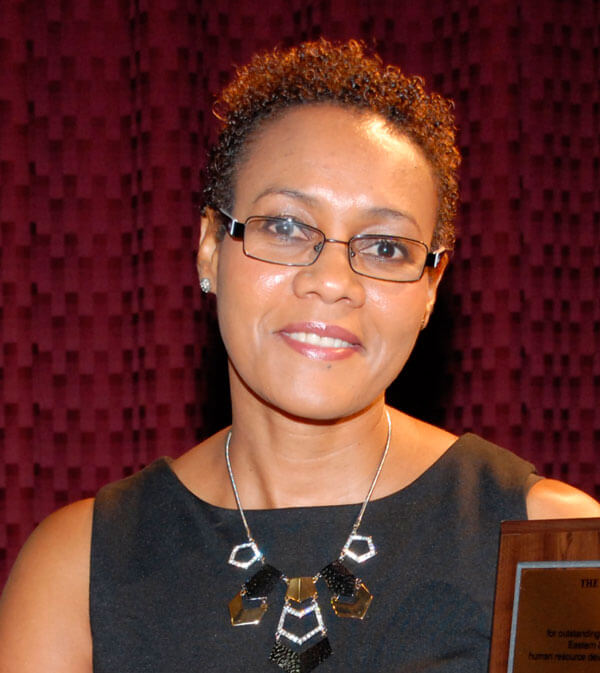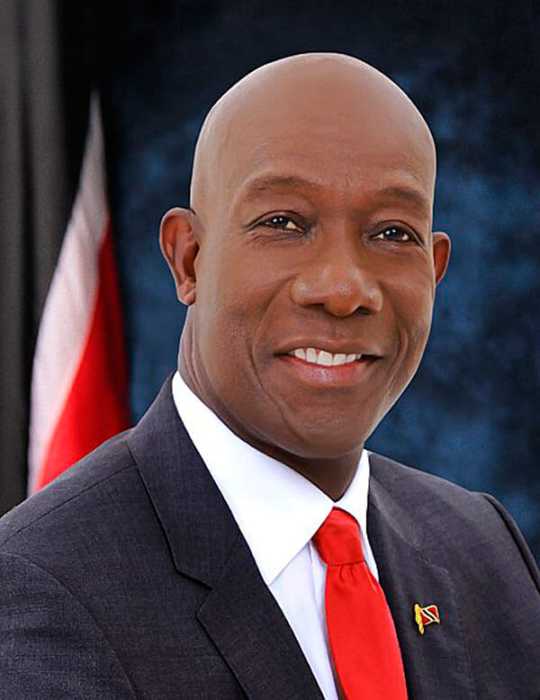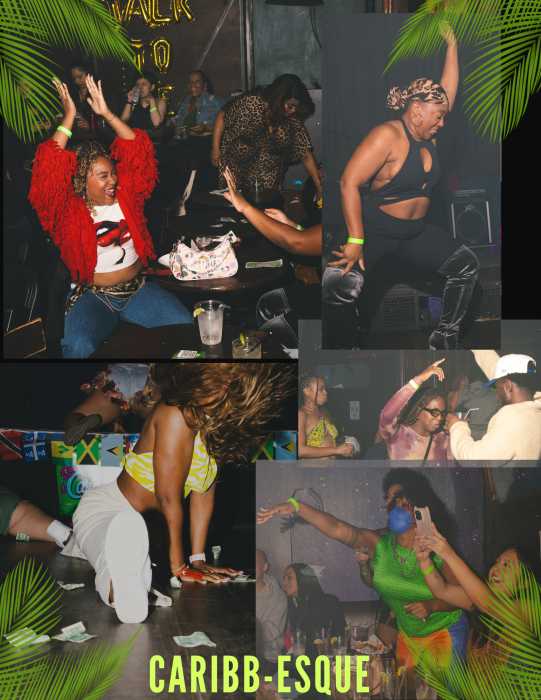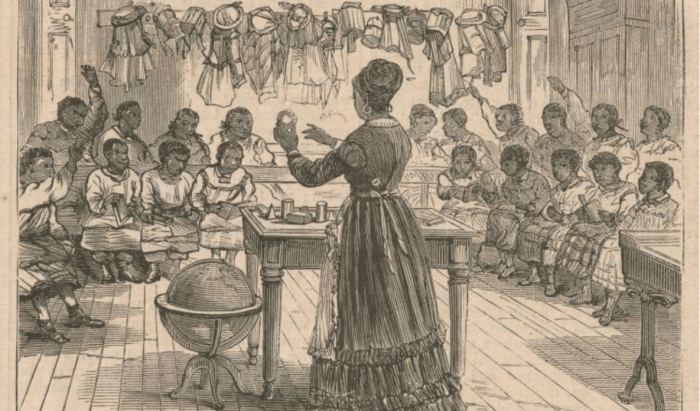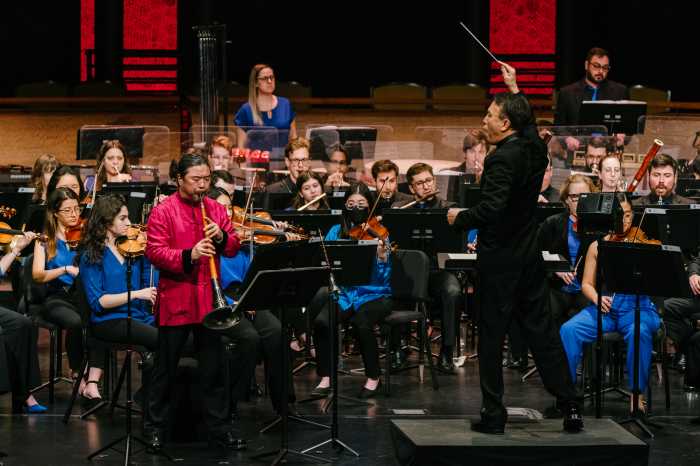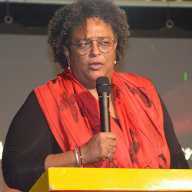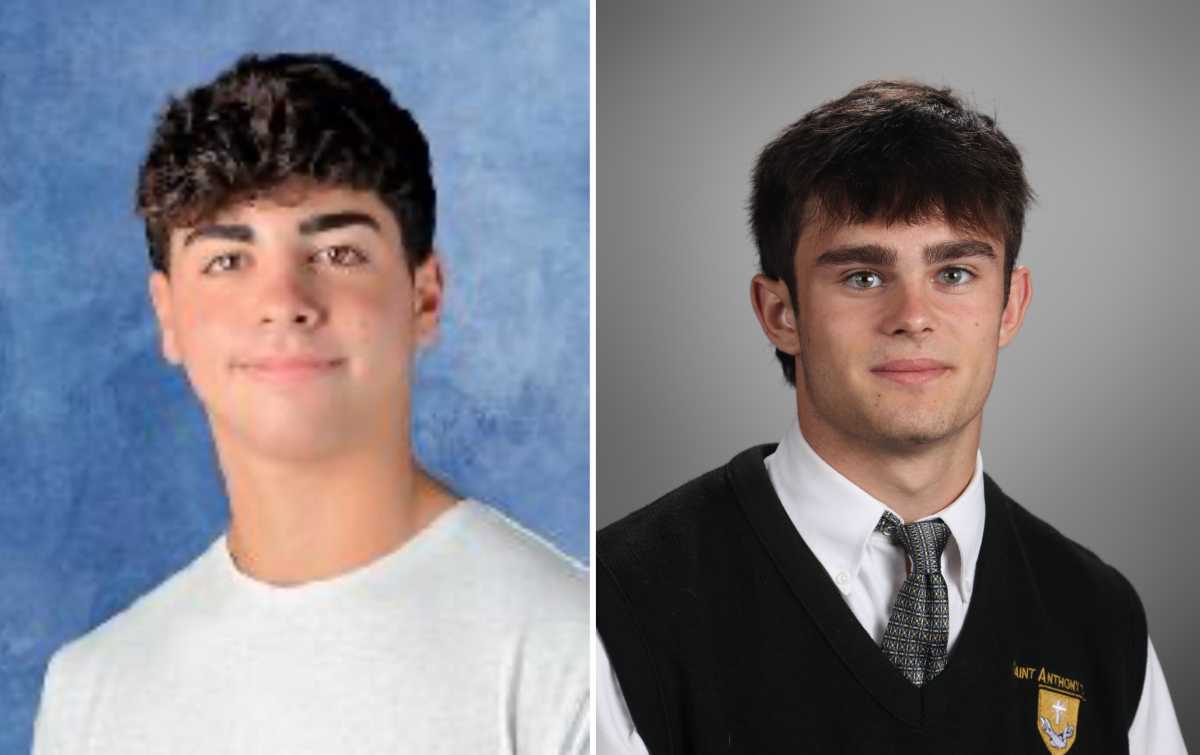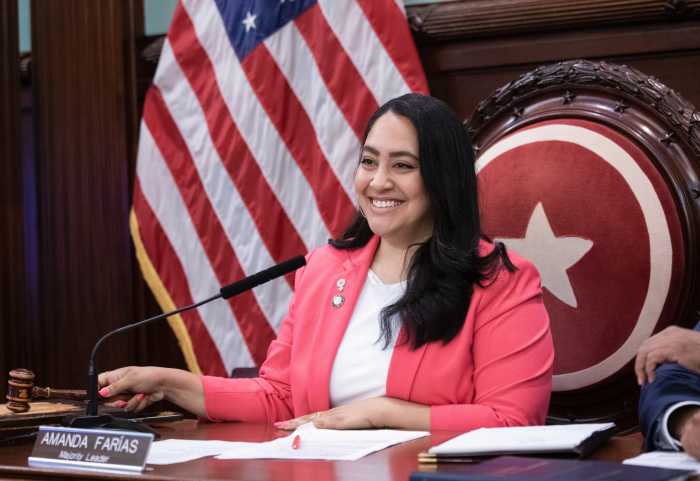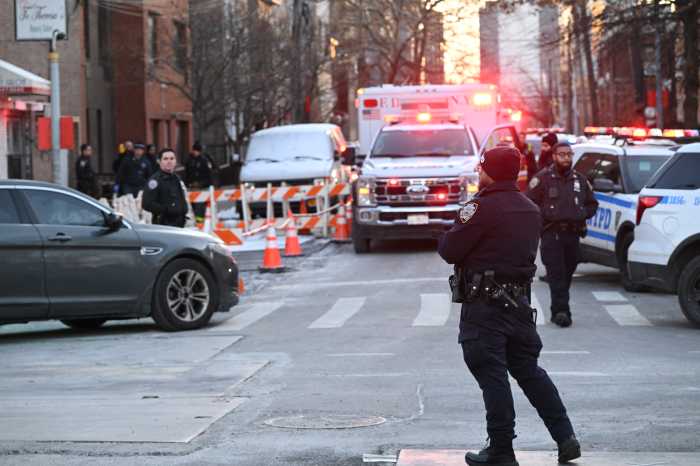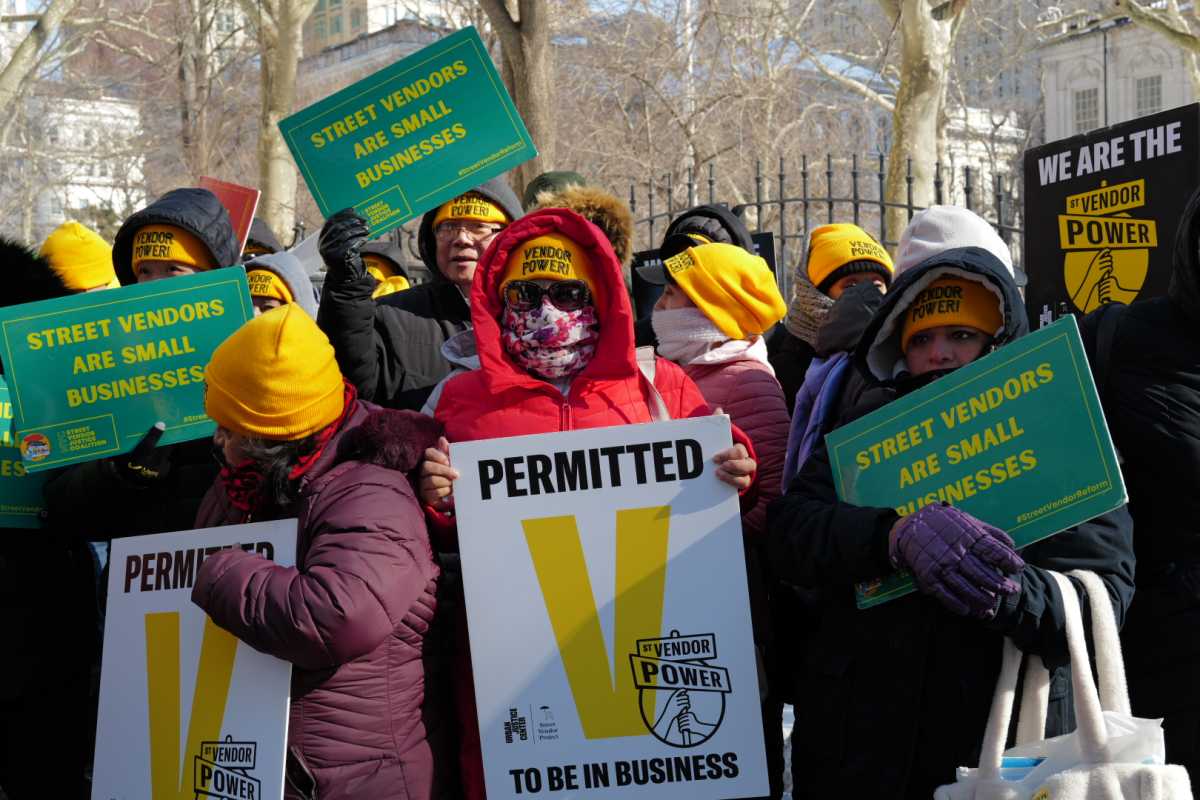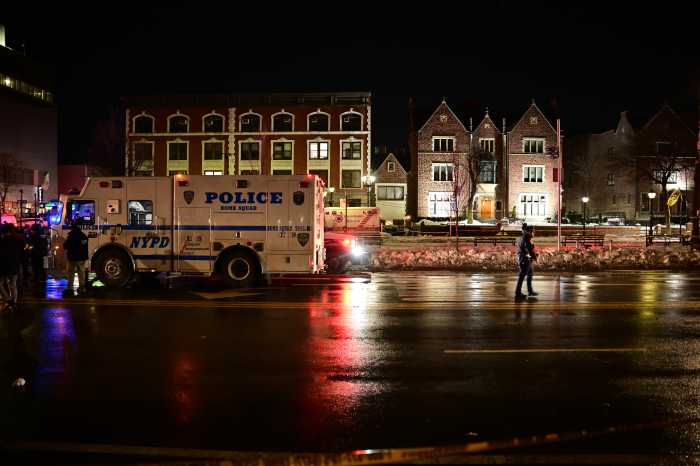Once again, two of the Caribbean Community’s most important member states are battling with a spike in their murder rates and officials are slowly concluding that only sustained pressure from police and the military would put a dent in in these outbreaks of deadly violence.
In Trinidad for example, this week’s murder of beloved, nationally known actor, producer and director Raymond Choo Kong has not only shocked the nation but has redirected national attention to violent crime, a scourge, which has bedeviled every single government and or administration on the island for the past 30 years.
In most cases, police blame murders on gangsters and drug dealers but when it touches one from the middle or upper classes, society usually shines a new light on violent crime, sparking island-wide debates and calls for tougher action.
Choo Kong’s murder, a stabbing death at his home, was one of eight police recorded in about 48 hours as the week began.
Security Minister, Stuart Young said sustained pressure would have to be applied as studies show murder rates drop when police and soldiers dominate the streets.
“We know what the issue is here. It is illegal firearms. There is a lot more prevalence of illegal firearms that is why we are tackling it. Government is not looking at a state of emergency. It is also a fallacy that you can call limited state of emergencies in certain areas. You call a state of emergency country-wide and then you can put appropriate resources.”
So far police have tallied 280 murders in Trinidad for the year compared to 308 for the same period last year. Still officials are baulking at the frequencies of murders despite stepped up intelligence efforts, increased mobility of police and other measures to curb crime. Before the latest spike, the island had enjoyed the luxury of three days without a murder. Celebrations were abruptly interrupted by the latest outbreak of violence.
Far north in Jamaica, a debate is raging between the governing Jamaica Labor Party (JLP) and the opposition People’s National Party (PNP)about the effectiveness of a state of emergency in some northern and western parishes as gun murders continue to ravage those communities.
Jamaican police have so far reported an astonishing 726 murders so far this year as the country remains on course to easily surpass the nearly 1,300 killings the island experienced last year. In some of the trouble areas, the prime minister said the tally was a mere one percent increase on 2018. Government favors continuing regional states of emergencies in some parishes. The opposition says such measures are not working.
Prime Minister, Andrew Holness said such measures would remain in place in some areas including St. James as “this is a very effective way as we have seen from last year. They can bring down the national murder rate.”
Former security minister, Peter Bunting, running for leader of the PNP, asked the PM “how can you say this is a very effective tool when murders for the comparative period last year compared with this year are up 21.5 percent?”
As Jamaican lawmakers try to decide whether emergency measures are indeed working, authorities in Trinidad, have called out off duty policemen to add muscle to crime fighting efforts, island-wide.
Police Chief Gary Griffith said the additional officers will help man road blocks, assist in rounding up and questioning murder suspects, conducting stepped up foot patrols, manning emergency response vehicles and operating stations among other duties.
Opposition Leader, Kamla Persad-Bissessar, a former prime minister who herself failed to curb violent crime, gangland and drug-related violence, blames the Rowley Administration for its failure to come up with proper anti-crime policies.
“This is frightening,” she told a rally after Choo Kong’s murder. “This government has failed to get a grip on crime and has failed to ensure that citizens of our country are protected.”



